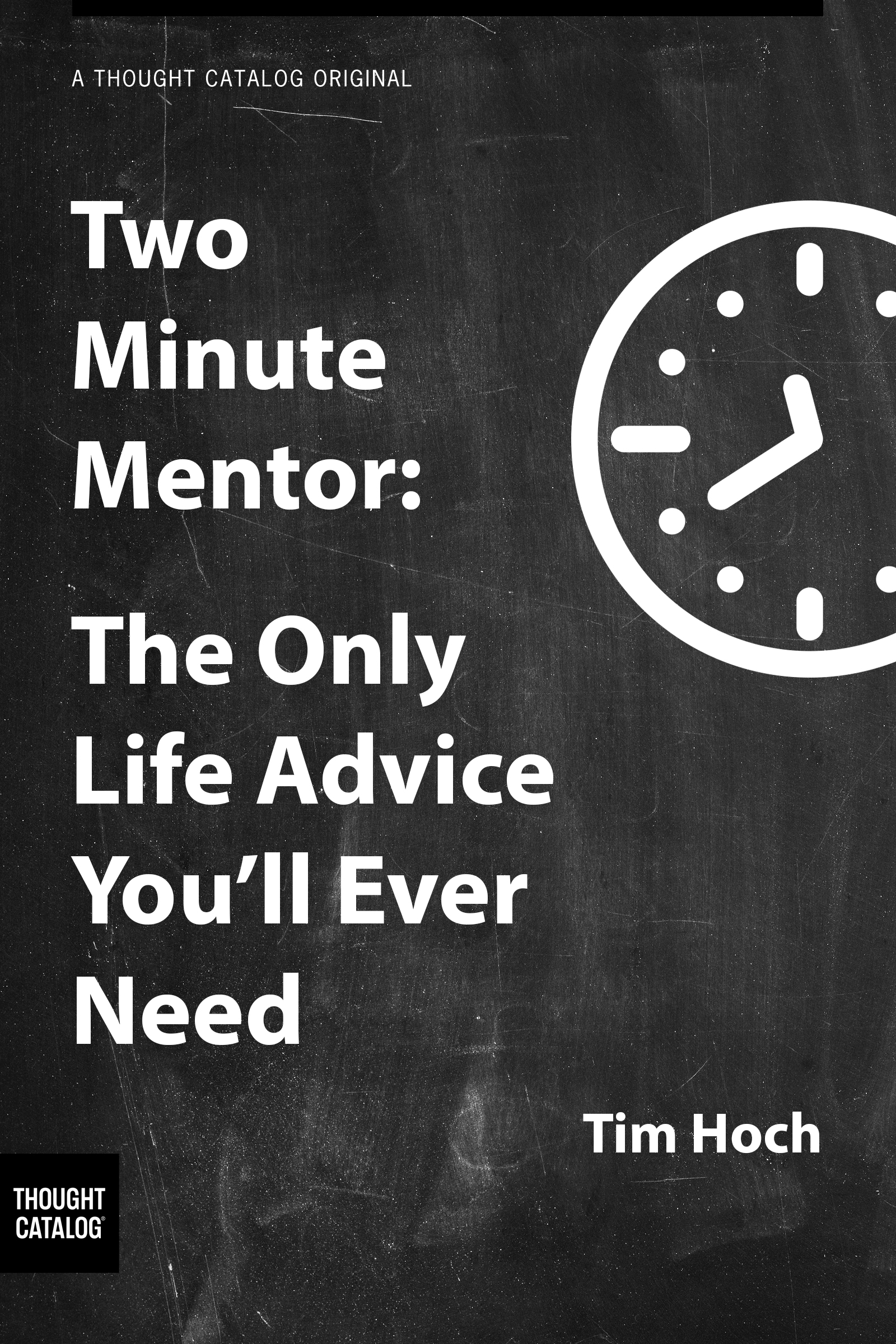
The Seven Habits of Highly Effective People by Stephen Covey has sold over 15 million copies. I started to buy it the other day but I stopped. I thought I would try my hand at my own set of seven habits first. This is a little misleading because my ideas are a curate’s egg of equal parts wisdom and foolishness that I have picked up over the years.
The following habits, therefore, come with an advance disclaimer. I have learned my best habits from observing successful people. I don’t want to be overly self-deprecating so I must add that most of my bad habits I have been able to develop on my own.
I will be curious to see whether any of these seven habits end up resembling those of Mr. Covey. So here goes:
1. Focus brings results.
This sounds simple. It is not. I have a short attention span and diverse interests so this is a constant struggle for me. Most successful people concentrate on, and develop, only a very few talents or projects. I just finished the Steve Jobs biography. When he returned to Apple after starting NeXT and buying Pixar, Apple was about 90 days away from bankruptcy. They had a bloated staff and over 30 product lines. He cut the number of product lines to four and decided that Apple was going to make the best products in those four lines. Needless to say his single minded focus brought results.
2. Be precise.
This is about executing your vision. In order to do this you have to be a good communicator. People need clear and concise direction. If you are having trouble articulating your vision, please return to number 1 above.
3. Pursue only the adjacent possible.
I stole the term “adjacent possible” from a book I read recently by Steven Johnson called Where Good Ideas Come From: The Natural History of Innovation. I’ll give you an example. I recently met with a friend who is trying to develop an application for the iPhone. I can’t tell you the details because I am sworn to secrecy, but it seems to be a creative solution to oft encountered home repair problems. Unfortunately my friend knows nothing about the development of applications for smart phones. His idea will only get him so far.
There is almost always a tedious progression that accompanies progress. Think of it as a large mansion. You and your idea are downstairs in the basement and you need to get to the roof. The only possible way for you to get there is by navigating the adjacent rooms until you find the stairs, then climbing to the top, step by step. The only way to skip ahead leads us to the next rule.
4. Collaborate.
There are two ways to view the adjacent possible. In a sense it is highly restrictive. In another sense it is without boundaries. After all, it is not called the adjacent impossible. The easiest way to push the boundaries of the adjacent possible is to collaborate with others. One will always equal one. With collaboration, one plus one leads to multiple possibilities. Perhaps your collaborator is already on the roof and can show you how to take the elevator instead of the stairs.
5. Confidence.
You will not be successful because of who you are. You will be successful because of who you think you are. If you approach each task with confidence you will greatly improve your chance of success.
6. Curiosity.
Successful people seek different ideas. They explore alternatives. They try new things. They embrace differences of opinion. This habit may force you to embrace the next, and final, habit.
7. Copycat.
Let’s be realistic, history has given us very few true innovators. Thomas Edison, Henry Ford, Steve Jobs, Larry Page and Sergei Brin. Most successful businesses are copycats. This is not meant to be a negative. They have taken an existing idea and vastly improved it. Look at what Starbucks did to the local coffee shop. Look what Nike has done for athletic apparel. Look what I’ve done to poor Steven Covey. ![]()
Find more uplifting advice in Tim Hoch’s latest ebook here.






